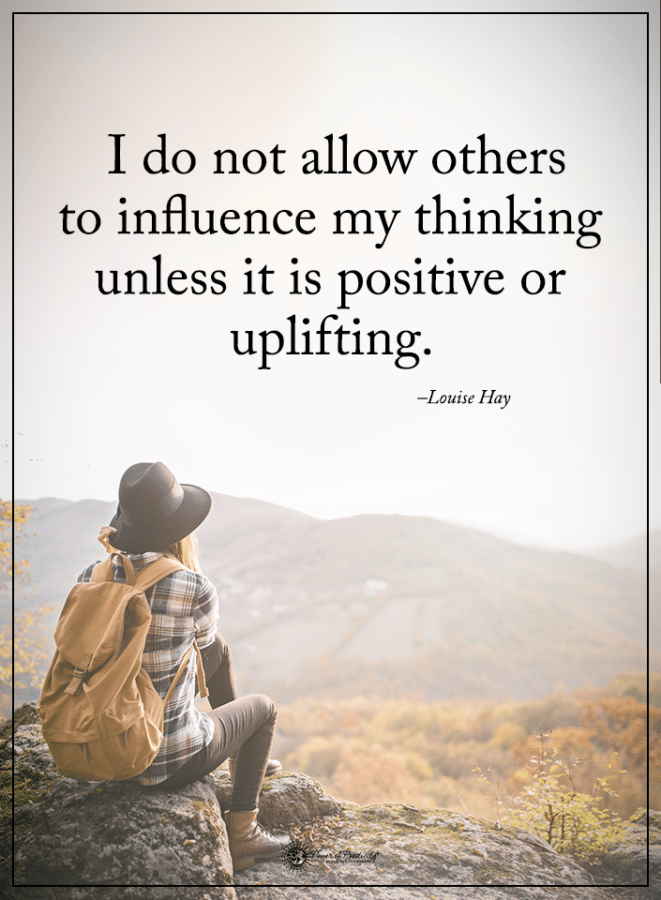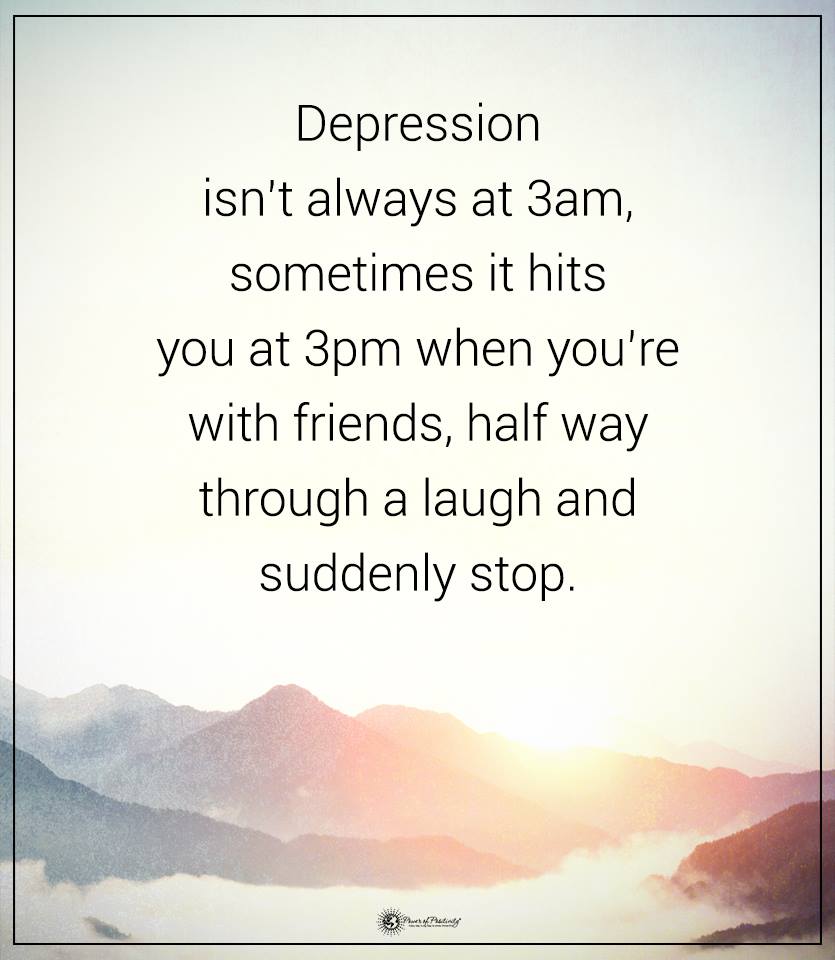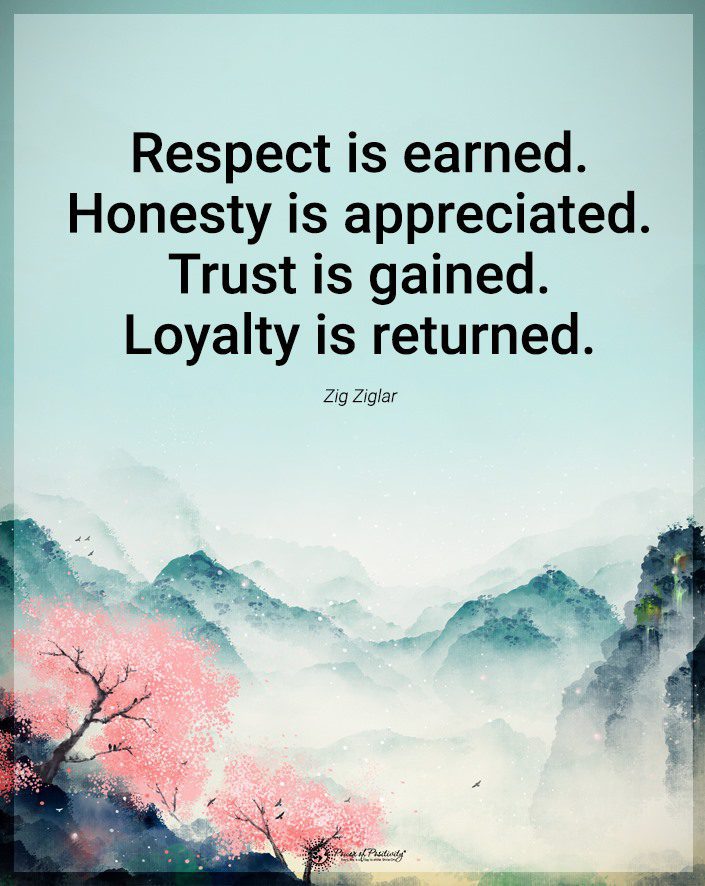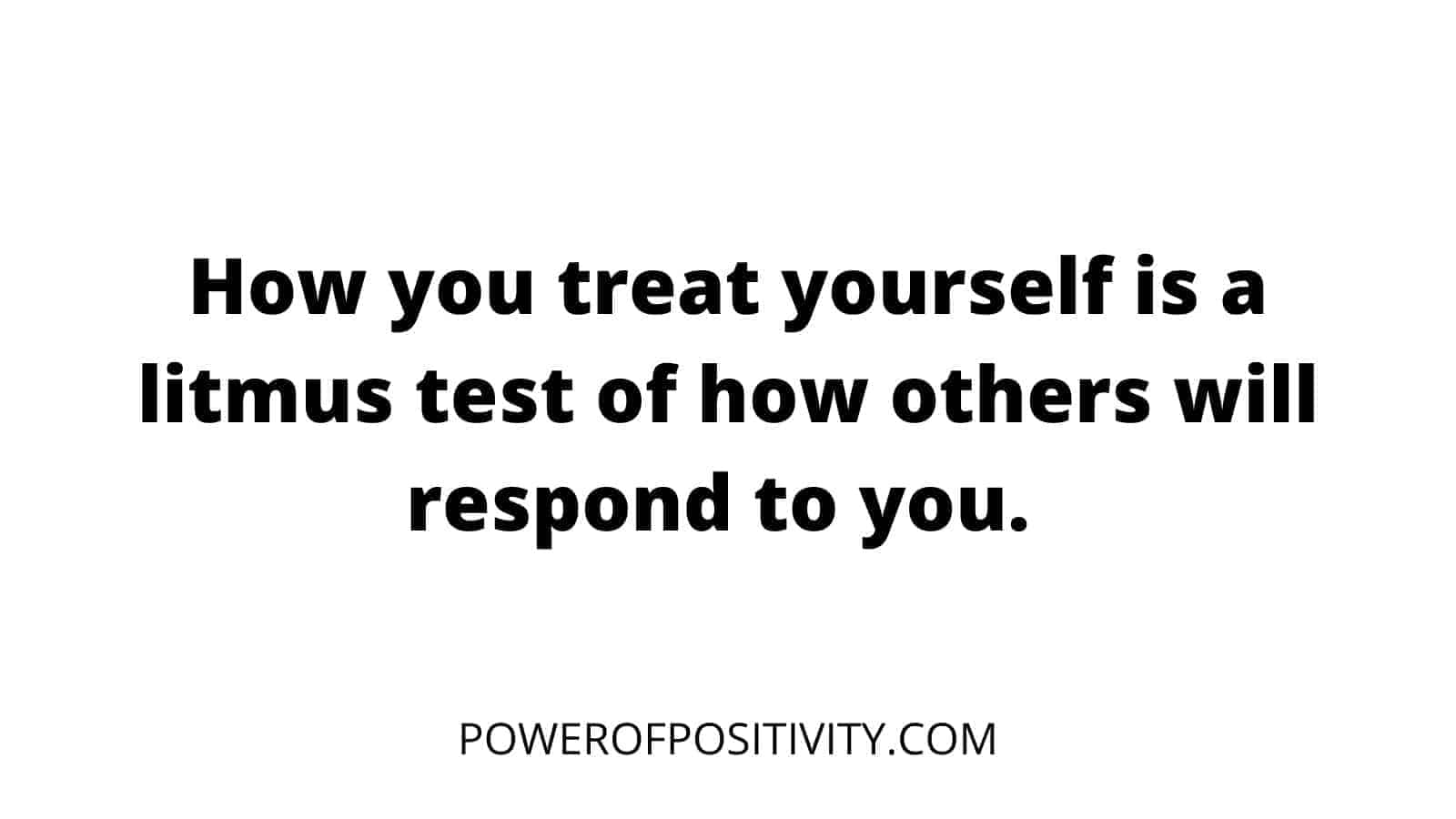Manipulators don’t care. At their core, manipulators can be callous liars.
Have you ever seen the Dr. Phil show? When the television psychologist believes someone is trying to get one over on him or someone else, he will – in his southern drawl – proclaim, “This ain’t about you-uu!”
Dr. Phil has seen his fair share of liars and manipulators. For those who like him, to watch Dr. Phil – a mental health expert the size of an NFL linebacker – put someone in their place is beautiful.
It takes some serious gall to lie to Dr. Phil. But, liars being liars, manipulators being manipulators, they try to get one over anyways.
They may show respectability and sincerity, but this is nothing more than window dressing. Manipulators are skilled and experienced schemers who will conceal their real motive: getting what they want – at any cost.
The selfish nature of a manipulator is sometimes complicated to see until you’ve become too involved. Again, manipulators are adept schemers; they understand the importance of gaining your trust.
Once they do, their true character reveals itself.
It benefits us to understand their psychology to avoid being duped (and potentially ruined) by a manipulator.
Manipulators Will Display These Fourteen Revealing Behaviors
Here are fourteen subtle behaviors of manipulative people:

1. Playing Dumb
Manipulators are many things, but dumb isn’t usually one of them.
They will quickly drain people’s energy in their selfish pursuits; for example, asking for help and advice only to do what they want. Give a manipulator an inch, and they’ll take a mile.
When you call them out on their egotistical behavior, they’ll act as if you were speaking some foreign language.
Your eyes and mind do not deceive you. On the other hand, that manipulative “friend” of yours is deceiving you.
2. Catty Gossiping
To be catty in gossip is to be subtly or indirectly insulting. Unsurprisingly, manipulators enjoy engaging in this nonsense.
You see, besides being liars, manipulators are cruel, malicious, and selfish. These personality traits are particularly evident when they feel someone has ‘wronged’ them somehow.
Sadly, many people have been victimized by their devious and nasty cattiness.
Not associating with a manipulator is the best course of action. Once you’ve uncovered their real character, ignore them. Trust that a reasonable person will do the same.
3. Testing Boundaries
Abigail Brenner, M.D., a psychiatrist, and author, writes:
“Crowding into your space – physically, emotionally, psychologically, or spiritually – is of no concern to them. The lack understanding about what personal space and identify mean, or just don’t care.”
Dr. Brenner explains that permitting this behavior will likely result in someone leaving a tired and weakened state. If the manipulator detects this, they probably will. They’ll push your boundaries even further.
Please don’t allow it! Put your foot down! Whether the person is a certifiable manipulator is irrelevant – do not tolerate someone who violates your space.
4. Clever Concealment
Do you happen to know what counterintelligence is?
Counterintelligence is “activities to prevent or thwart spying, intelligence gathering, and sabotage by an enemy or other foreign entity.”
Every country with a military has people specializing in counterintelligence within their ranks. Counterintelligence is critical to a vulnerable country’s defense (see: South Korea.)
To prevent being taken advantage of by a manipulator (or anyone of ill will) requires you to tap into your counterintelligence skills. Manipulators are crafty enemy – and some will conceal their intentions and actions smartly.
But if you’re observant and patient, you will penetrate their “defenses.” And if you do, don’t walk – but run the other way – out of that person’s life.
5. Changing Colors Like a Chameleon
Manipulative people will seek out perceived sensibilities and sensitivities in a true narcissistic fashion. While most others genuinely admire and respect such personality traits, manipulators see them as a weakness, something to exploit.
As such, they will cater to the goodhearted nature of others and even reciprocate some benevolent feelings. Kind people may befriend the chameleon, only to – slowly – see them change colors.
Once you see the chameleon begin to change colors, you are better off backing away. Yes, you are a nice person – but this isn’t a time for niceties.
6. Playing the Victim and Rejecting Responsibility
For someone so “tough,” a manipulator quickly turns into a sheep when their motives are uncovered.
Call a manipulator out on something, and they will either play the victim or blame someone. See, manipulators are deluded and egotistical to think that nobody is smart enough to keep up with them. Believe that someone, probably multiple people, has already burst their deluded bubble.
Anyways, manipulators have no code of ethics to speak of. Playing victim or blaming someone else is just another way for them to avoid responsibility.
6. Quickly Getting too Close
Manipulators aren’t satisfied with taking their time to get to know you. Instead, it’s full steam ahead, and they try to act like your best friends. Manipulators don’t waste time and often divulge personal information too quickly.
They want you to think that they are sensitive and vulnerable. Unfortunately, it’s just a clever ruse to make you comfortable enough to talk about skeletons in your closet. Their goal is to manipulate you into believing that you’re soulmates.
However, it’s like the tempting bit of cheese on the mousetrap. The trap is sprung once you’ve dropped your guard and begun self-disclosing to this stranger. They’ll use everything you’ve revealed to them as leverage to get what they want.
7. Keeping Everything on Their Turf
Manipulative bullies feel the most empowered when they have the “home court” advantage. It’s easier for them to entangle you on their web. They know that you’ll feel uneasy in an atmosphere that’s unfamiliar to you.
For example, they’re more apt to push their opinions on you if you are in their home or office. It’s an imbalance of power that they use to their advantage. Ask yourself why they keep insisting on meeting you on their terms.

8. Using Intellectual Bullying Tactics
Almost everyone knows someone in their personal or professional circle who’s an arrogant know-it-all. They act as your grammar police and fact-checker no matter what you say. They’re the first to correct your pronunciation, conversation, manners, and accuracy.
When a person uses their knowledge and skills as a weapon against you, intellectual bullying. It’s a standard control tactic that manipulators use in relationships. They try to keep you subordinated to them in their quest to make you look dull-witted.
9. Trying to Minimize Your Problems
An article published by Frontiers in Psychology explores the link between types of narcissism and emotional intelligence. According to the report, one of the expected behaviors of grandiose narcissism is exploiting others. In other words, these toxic individuals emotionally manipulate people for their gain.
Most narcissists lack empathy and can’t see beyond their private bubbles. Even when it comes to personal problems and crises, they must be at the top. They will often try to downplay if you are battling an ongoing situation.
Don’t look for any compassion from these psychologically poisonous personalities. They’ll use condescending speech to make you feel guilty for having problems. Then, they’ll turn the spotlight on themselves and whine for everyone else to hear.
10. Disguising Aggression as Humor
One of the most significant tool manipulators uses passive aggression, often disguised as humor. They’re not always a drag at family reunions and office parties. Instead, these control addicts are often so subtle with their insults that it may take a minute to realize.
They may offer what sounds like a sincere compliment, like “You look great in that outfit.” Then, it’s quickly followed by a jab like, “I wonder if they carry it in your size?” After they stop chuckling and you stand there speechless, they exclaim, “Just kidding.”
If you refuse to laugh at their cruel taunts, they’ll accuse you of not having a sense of humor. They specialize in this passive aggression to destroy your self-confidence and self-worth. Then, they figure it will be easier for them to manipulate you.
11. Constant Lying
Emotional manipulation of others usually requires a pattern of lying. The offender lies to you about one thing and covers it up with more lies. They expertly hide their tracks, so you’re less likely to realize their control issues.
According to an article published by the American Academy of Psychology and the Law, lying is a habit of manipulative people. They’ll often twist and exaggerate the facts to confuse you. As always, they do it to their advantage.
12. Gaslighting
Gaslighting is a notorious ploy for taking advantage of others emotionally. The controlling person tries to confuse and frustrate you so much that you doubt your sanity. They carefully execute the plan by lying and playing with your emotions.
They often take it a step further by making you look incompetent in front of family and friends. If you start to doubt your abilities, you’ll need that toxic person more. Gaslighting is a powerful attempt to control your life.
13. Laying on Guilt Trips
A manipulator will gladly add to it if you don’t face enough false guilt on your own. These sly foxes are virtual travel agents for guilt trips. Frequently, they twist your emotions until you submit to them out of guilt.
You went to a friend’s baby shower, and your manipulative mate was home. As soon as you return, they act hurt and rejected. How cruel were you to enjoy something without them being in control?
If their plan succeeds, you’ll hate yourself and feel guilty. Of course, they’ll accept your apologies because it’s their kind nature. They aim to entrap you with false guilt and shame, so you belong to them.
14. Criticizing All You Say and Do
Manipulators work slowly to erode your self-esteem. This malignant personality feels threatened by your accomplishments, and they’ll try to downplay all you do. They may criticize how you talk, walk, dress, and think.
Realize that this isn’t constructive criticism given in kindness and good intentions. Manipulators belittle others to make themselves look better. They assume you have a bad attitude if you object to their cruel observations.
Final Thoughts on Behaviors Manipulators Will Hide from You
Manipulative people use smoke and mirrors to disguise their wicked intentions. Behind the smiles and faux concerns, they’re trying to dominate your life. The more you learn about their behavior, the less power they can have over you.















